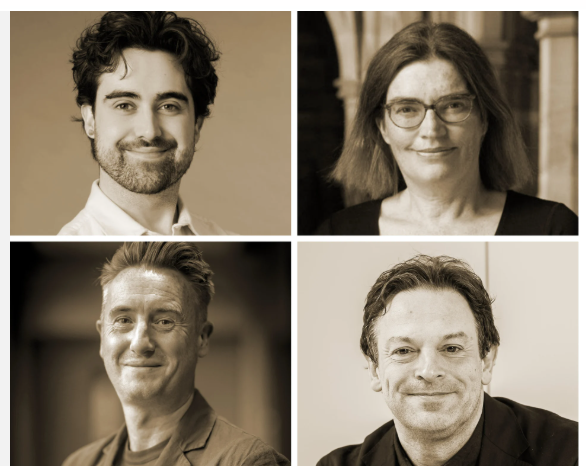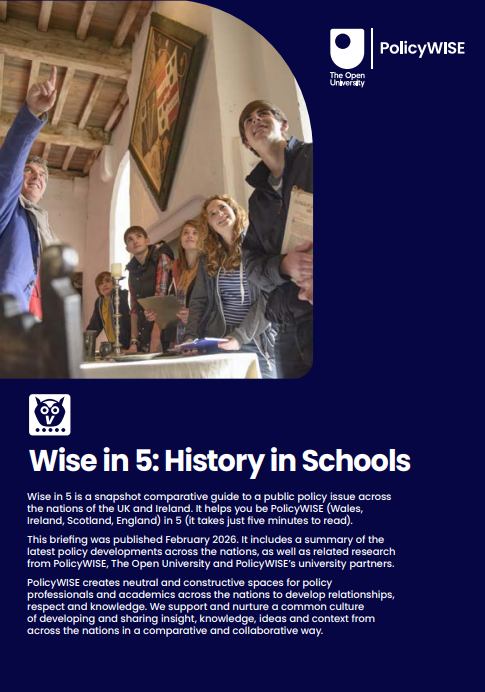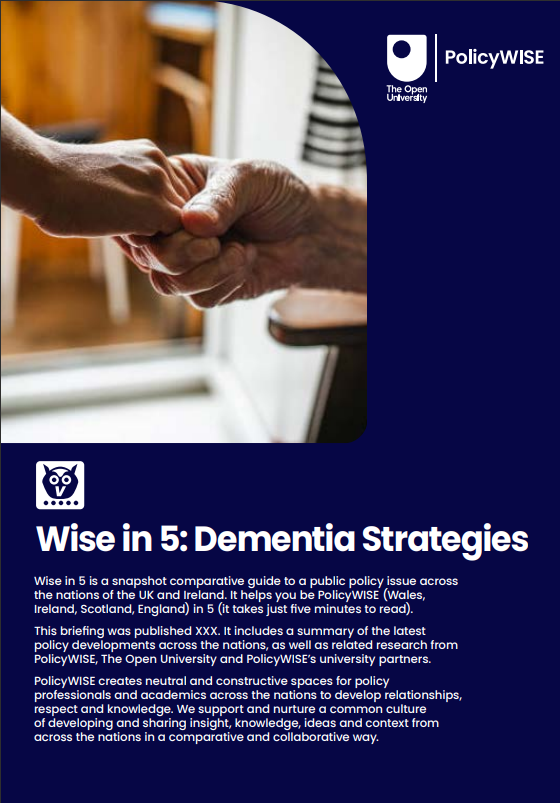Policy Spaces
At PolicyWISE we bring people and research together to help find solutions to issues facing all policymakers. We study the different approaches that governments across Britain and Ireland take to the challenges facing all societies. We create opportunities to share the lessons revealed through comparative policy analysis.
We are committed to excellence, lasting impact and being ambitious for all citizens across the nations. We collaborate with academics, governments, parliaments, interested supporters and we are independent and non-partisan in all our work.
We focus our work in three main policy spaces.
Each policy space focuses on a challenge facing all nations and citizens. Each government has the capability to shape its own response, for its own context. We believe that each response can be informed by cross-nation learning, where comparative research leads the way to exciting and innovative solutions.
Greener thinking
From where we get our energy to equitable responses to climate change, our work in this area is about amplifying the research that will lead to a greener present and future for the planet.
We know this is a critical topic for governments and researchers alike and we are supporting them in the search for long-term policy solutions.
Looking at governments’ responses to tackling environmental problems, our briefings include single-use plastics, and retrofitting residential properties. We are working with researchers from The Open University (OU) on an equitable response to the climate crisis and renewable energy sources. We are building knowledge through working with governments on active travel and retrofitting and will continue to publish evidence across all of this space
Children, education and wellbeing
How do we ensure that children and young people, across our nations, develop, thrive, and succeed as educated and engaged citizens?
The structure, systems and sectors for Early Years and Education differ across the nations of Britain and Ireland. However, through our work, we know that governments share a commitment to tackle educational disadvantage, promote physical and mental well-being and protect young people from unnecessary harms.
We play a key role in enabling cross-nation learning on Early Years policy, and we have taken a unique comparative look at subjects such as Modern Languages and Relationships & Sex Education. We are also researching the wider experiences and well-being of young people across the nations, through this Open Societal Challenge and briefings on hot topics such as Teenage Vaping and Cosmetic Procedures.
Innovative and fairer futures
As technologies develop, how do we make sure that everyone in society benefits and how do we share learning across nations to keep up with changes in innovation?
Our analysis includes the role of Visitor Levies to raise revenues, governments’ responses to tackling rough-sleeping, the regulations and restrictions around cosmetic procedures, and changes to the UK higher and tertiary education policy and regulation landscape.
We are working with OU researchers on how the food we eat gets to our plates and how research can lead to sexual and reproductive justice. We are also creating the space for governments to work together on ensuring artificial intelligence is appropriate for policy making.
These policy spaces have a broad remit which means our work covers a lot of ground.
Sometimes, we even commission research or share insights into areas beyond these policy spaces but as far as possible we try to stay in these spaces recognising the benefit of focus in order to create change.
By working in a comparative and collaborative way, we make the connections between these spaces and across the nations to contribute to policy development and find potential solutions.
We welcome opportunities to co-operate with partners in these policy spaces, and beyond sometimes, where we can add value through our unique expertise and commitment to UK and Ireland comparative policy research and knowledge exchange.
Our distinctive comparative work across these spaces includes:
- Cross-government policy programmes
- Our unique Wise in 5 briefings
- Open Societal Challenges projects
- Events, media and communications



